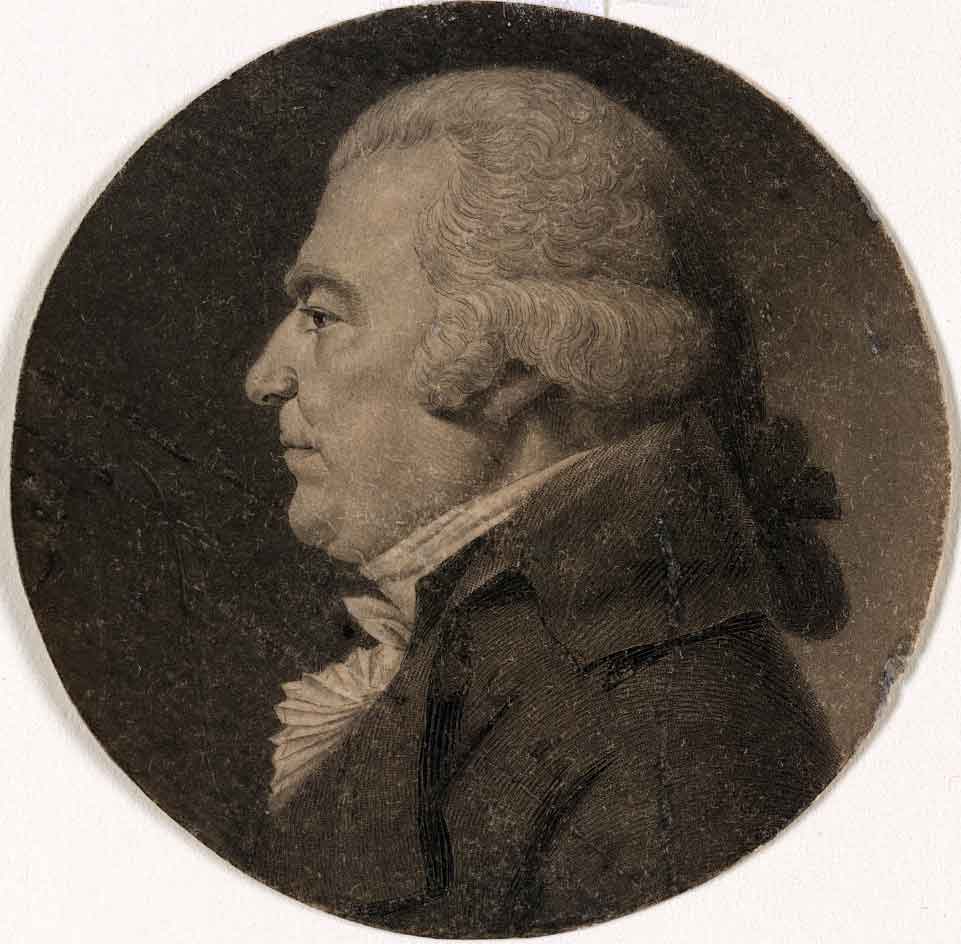Sedgwick, Theodore

Sedgwick, Theodore (1746-1813) Speaker of the House: Sedgwick was born in Hartford, Connecticut, in 1746. After losing his father at the age of thirteen, he studied at Yale. He left Yale in 1765, without graduating, because of a small misdemeanor. Eventually, he studied law and passed the bar in 1766, practicing in Great Barrington and Sheffield, Massachusetts. Although he was always strongly attached to Britain, he chose to fight on the patriot side during the Revolutionary War, serving as an aide to Gen. John Thomas in his expedition to Canada in 1776. He was later engaged in procuring supplies for the patriot forces. Both before and after the war, Sedgwick served in the Massachusetts legislature, and was a member of the Continental Congress in 1785 and 1786. In 1781, two slaves, one of whom was Elizabeth Freeman sued for their freedom in the case of freedom in the case known as Brom and Bett v. Ashley. Some modern historians believe that the case was arranged to test the legality of slavery in Massachusetts. Sedgwick and Tapping Reeve, both known to have excellent legal minds, acted as attorneys for the slave plaintiffs. The defendant, Colonel Ashley, did not appeal the decision and, together with the Quok Walker suit of the same period, and the case helped establish the ending phase of slavery in Massachusetts. Freeman later became a friend and employee of the Sedgwick family. Sedgwick was a member of the American Academy of Arts and Sciences. From 1785 to 1786, he was a member of the Continental Congress. A Federalist, he was active in suppressing Shays' Rebellion in the winter of 1787. He was the object of death threats from resentful rebels, and his house was attacked during his absence. Sedgwick was elected to the US House of Representatives in 1789, where he remained until 1796, when he was elected to the US Senate. In the Senate, he was chosen to be president pro tempore. Elected to the US House of Representatives again in 1799, he was chosen Speaker of the House, a position he retained until 1801. In that year, Sedgwick was appointed a judge of the Massachusetts Supreme Court, a position he held until his death on January 24, 1813, in Boston, Massachusetts.
